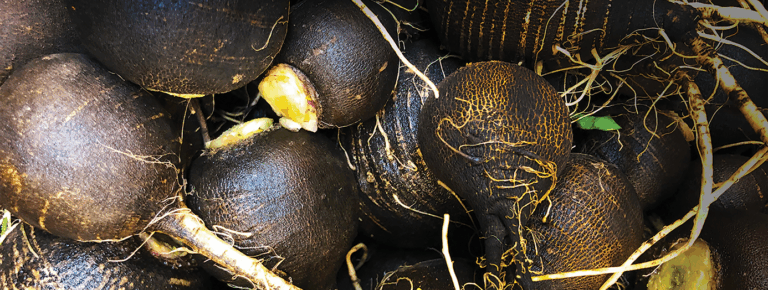Microbiome Health and Testing Opportunities
The gut microbiome is a vibrant community of bacteria, viruses, fungi, and other microorganisms that call the human body home. They “pay rent” by producing short-chain fatty acids (SCFA) as fuel for gut cells, competing with pathogenic bacteria for resources, and enhancing the availability of unique nutrients from plants, called phytochemicals. In return, humans provide a comfortable habitat for these microorganisms to live, complete with nutrients through the food individuals eat every day and other resources.
Prebiotics & Probiotics for A Healthy, Diverse Microbiome
There are specific components found in food that serve as prebiotics, which can uniquely delay their own digestion until they reach their designated target in the gut microbiome. Prebiotics promote positive compositional changes in gut microbiota communities. Another way to support a healthy gut microbiome is through consumption of probiotics – live microorganisms found in fermented foods and supplements. Probiotics support a healthy, diverse microbiome by directly adding beneficial bacterial species to the existing community of microbes.
The relationship between the human gut and its microscopic inhabitants is a two-way street; oftentimes a poor diet lacking adequate fruits, vegetables, and whole grains means humans are not holding up their end of the bargain. If the gut microbiome is in trouble, call in reinforcements with probiotics, and energize the existing troops with prebiotics.
Microbiome Testing
Through its home base in the gastrointestinal (GI) tract, the microbiome affects human health all over the body. Nutrition, physical activity, and other lifestyle factors influence the status of the microbiome, so it can be difficult to know just how “healthy” the microbiome is. Gut microbiome testing kits are available to help assess the status of the microbiome for those interested in exploring that aspect of human health.
A typical gut microbiome test usually requires a stool sample or fecal swab. Results from a microbiome test might offer insight into the composition of bacteria, viruses, fungi, and other microorganisms present in an individual’s unique gut microbiome, including phyla balance, beneficial species, and pathogenic species. A microbiome test might also illustrate areas where microbiome improvement is needed, which can be achieved through lifestyle changes, potentially including prebiotic and probiotic supplementation.
The gut microbiome is changing every day, just like an individual’s food intake and lifestyle vary over time. Even factors like geography, social habits, and stress may affect the composition of the microorganisms living in the gut. With a reliable microbiome test and an understanding of how nutrition affects the microbiome, individuals can optimize their unique gut health and promote whole-body wellness as a result.







